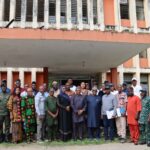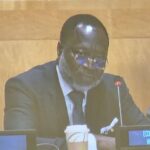EU Follow-Up Mission in Nigeria, Discusses 2023 Polls, Profer Reforms Ahead of 2027 Elections.
By Raymond Enoch
In a renewed show of commitment to Nigeria’s democratic development, the European Union has deployed a high-level Election Follow-up Mission (EU EFM) to assess the status of electoral reforms ahead of the country’s 2027 general elections.
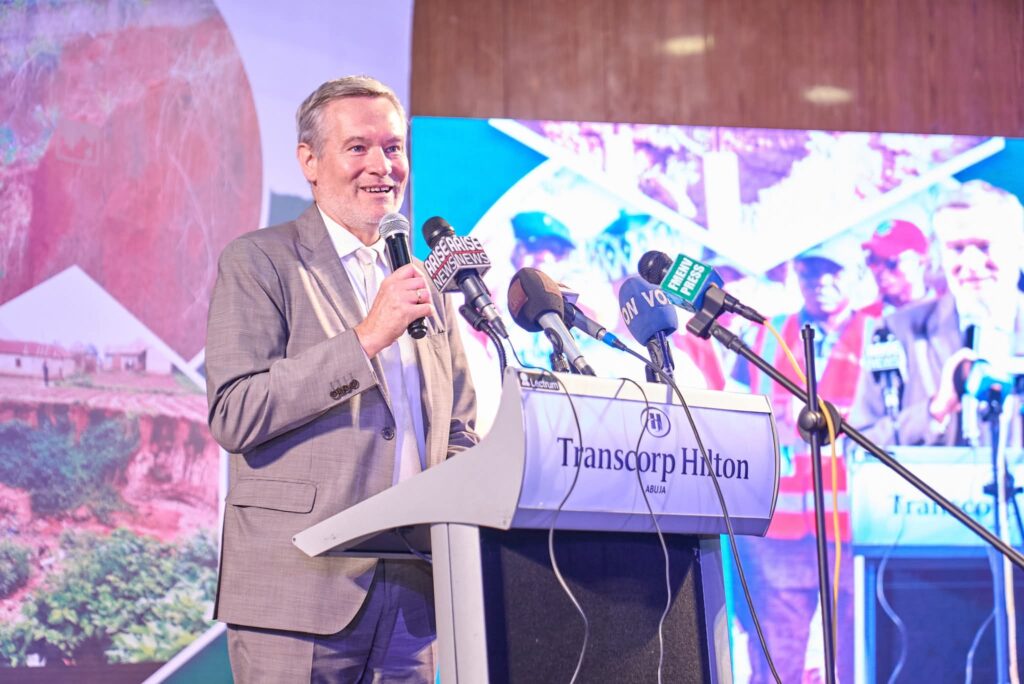
The mission, led by Barry Andrews, Member of the European Parliament (MEP) and former Chief Observer of the EU Election Observation Mission (EU EOM) 2023, is in Nigeria from September 9 to October 8, 2025, following an invitation from the Independent National Electoral Commission (INEC).
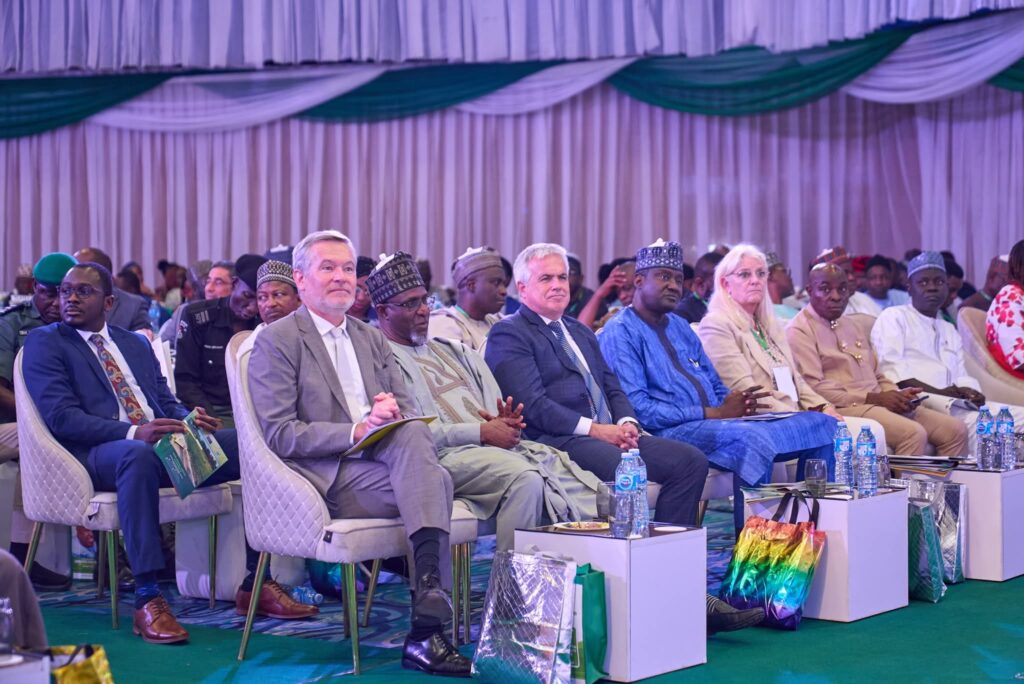
At the heart of the mission is a review of the progress made in implementing the EU EOM’s 2023 recommendations, which were designed to improve transparency, inclusivity, and credibility in Nigeria’s electoral processes. The EU team has been engaging a wide range of stakeholders including INEC, members of the National Assembly, political parties, civil society organisations, media practitioners, and international development partners.
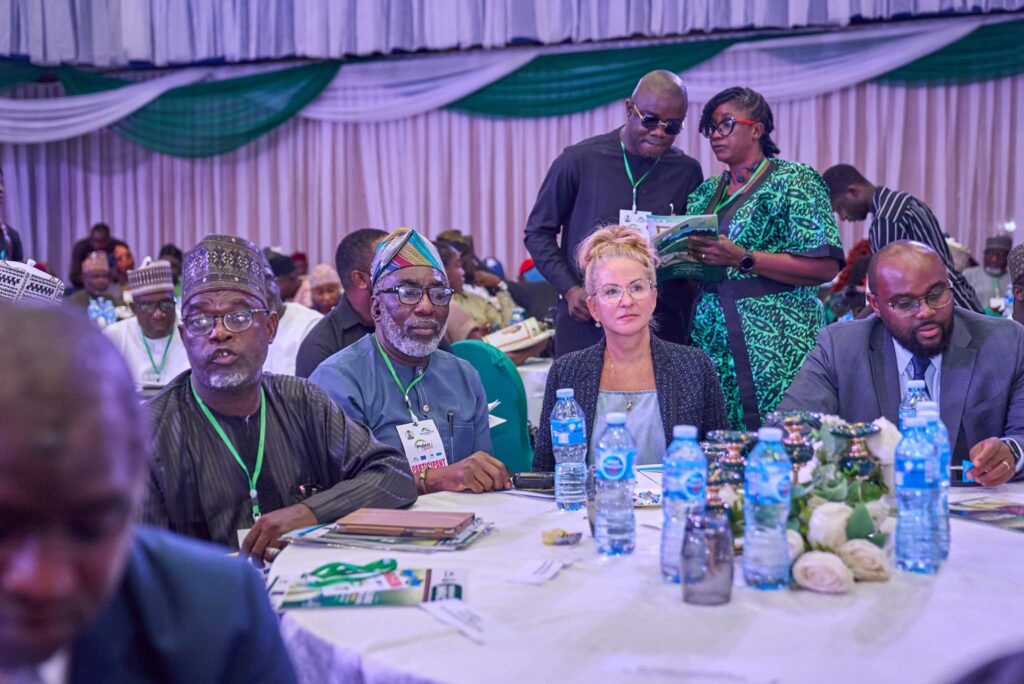
One of the highlights of the visit was a roundtable session held in Abuja, where stakeholders gathered to assess the level of awareness and implementation of the EU’s 2023 recommendations, identify current reform priorities, and evaluate the possibility of changes before the 2027 polls.
Speaking during the roundtable, Mr. Andrews stressed the importance of political will and sustained institutional effort to carry reforms forward.
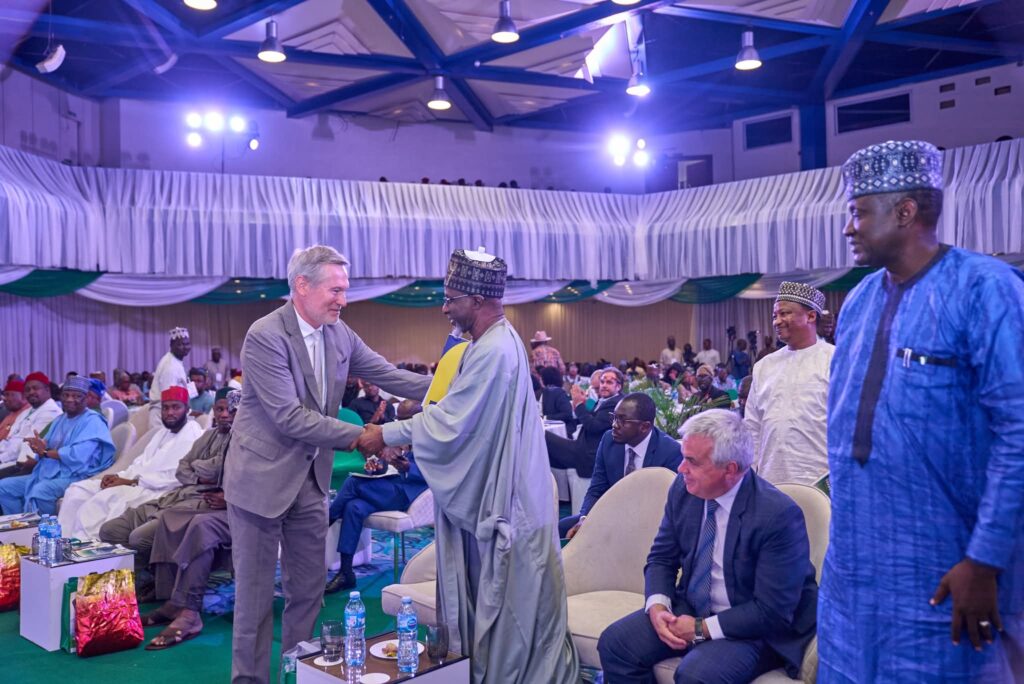
“This mission is not just a follow-up exercise. It is part of our continued partnership with Nigeria in deepening democratic processes. We are here to listen, support, and encourage all stakeholders to ensure credible and inclusive elections,” he said.
While INEC officials outlined steps already taken — such as improvements in electoral technology and inter-agency coordination — participants from civil society and media raised concerns over delays in legal reform and voter education, particularly in underserved regions.
Lawmakers present at the session acknowledged the need for faster legislative action, but cited competing national priorities and limited session time before the 2027 election cycle kicks into gear.
A participant from a leading political party, who asked not to be named, said:
“Many of the recommendations are valid and necessary, but progress is slow. Without pressure and commitment from the top, we risk running in circles.”6
The roundtable also featured a photo gallery session showcasing the diversity of voices engaged in the reform process, reinforcing the EU mission’s emphasis on inclusive dialogue.
The EU Follow-up Mission is expected to release its final report at the end of its stay, offering an independent assessment of Nigeria’s progress on electoral reforms and providing further guidance on next steps.
With just over a year until political primaries begin for the 2027 general elections, observers say the window for meaningful reform is narrowing — but not closed.
As the mission continues its engagements, many Nigerians hope the renewed international attention will galvanise action and accountability across the country’s democratic institutions.



